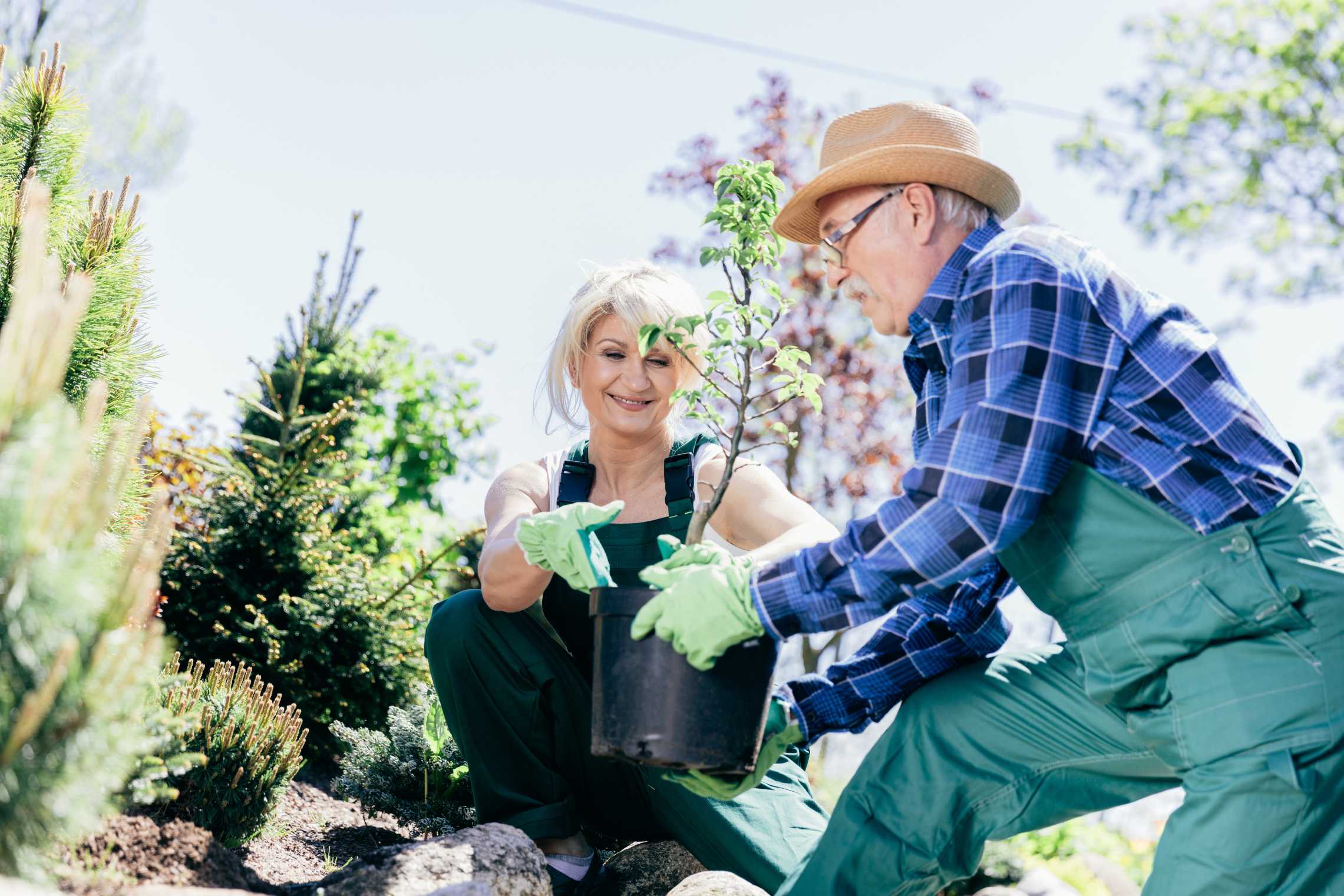Wellness Check
Can You Learn How to be an Optimist?
Apr 2024 | By David Cravit and Larry Wolf
It’s known that having a positive attitude contributes strongly to longevity. Optimists have stronger immune function, better cardiovascular health, and in some studies have been found to outlive pessimists by 15%, all the way up to 50%.
But are people just naturally optimistic? Can you actually learn how to be an optimist if you aren’t already one?
In our book, SuperAging: Getting Older Without Getting Old, we suggested that optimism can be learned, and we highlighted the work of Dr. Martin Seligman, who pioneered an approach to dealing with adversity that is still taught today. We also noted the prevalence of many apps that claim to be able to train you in developing a more positive attitude.
Having a positive attitude is such a critical foundation to SuperAging, that we’re always on the lookout for more examples and more techniques. That’s why we were attracted to this article, featuring an interview with Dr. Sue Varma, assistant professor of psychiatry at New York University and author of Practical Optimism: The Art, Science, and Practice of Exceptional Well-Being.
She points out that optimism is associated with the oxycontin receptor gene, oxycontin being a hormone that “facilitates understanding, empathy and connection between people.” That said, “genes play a much smaller role than we once thought. Only about 25 percent of optimism is genetic; the rest is up to us.”
Okay, then what should we be doing?
For Dr. Varma, the starting point is to have a purpose: “Happiness, to me, is passive, and it’s tied to things maybe you can’t control. Pursuing a purpose puts us back in the driver’s seat. It forces us to ask ourselves one fundamental question: What kinds of things or activities bring me great joy, and when was the last time I did them?”
She advocates something she calls behavioral activation. “Dive into action, and the motivation will follow. Populate your calendar with activities that spark motivation and meaning. The key is to become intentional about what gives you joy — which is something you cultivate — instead of waiting for a good time to fall into your lap.”
 At the same time, process what you are feeling: “If you don’t take the time to express what you are feeling, your body will, in the form of medical illness.” This means talking about what is bothering you rather than sweeping it under the rug. “It takes far more energy to suppress emotions than it does to release them, and releasing them is as simple as keeping a journal for 15 minutes a day.”
At the same time, process what you are feeling: “If you don’t take the time to express what you are feeling, your body will, in the form of medical illness.” This means talking about what is bothering you rather than sweeping it under the rug. “It takes far more energy to suppress emotions than it does to release them, and releasing them is as simple as keeping a journal for 15 minutes a day.”
One technique she likes in dealing with emotions is called Name it, Claim it, Tame it and Reframe it. Check the article for the details. It’s not dissimilar to the five-step ABCDE technique for dealing with adversity, developed by Dr. Martin Seligman and described in our book.
She also has some interesting things to say about pride and self-esteem. She’s actually not a fan of self-esteem, which she calls “a flawed concept because it relies on us being ‘human doings’ instead of ‘human beings.’ It’s usually tied to external achievement; you do well, your self-esteem is high; you do poorly, it’s lower.”
 She prefers self-compassion, “a stable, grounded intrinsic sense of self-worth. It is based on reality; you know what you are good at and what you are not, but you don’t dislike yourself when you fail … Self-compassion allows you to do better because you aren’t paralyzed by shame and guilt.”
She prefers self-compassion, “a stable, grounded intrinsic sense of self-worth. It is based on reality; you know what you are good at and what you are not, but you don’t dislike yourself when you fail … Self-compassion allows you to do better because you aren’t paralyzed by shame and guilt.”
“Practical optimism,” she says, “helps us work on our thoughts, emotions, and behaviors — starting from purpose — so that we can create an action plan and road map and execute through habits.”
This is exactly the philosophy of SuperAging!
David Cravit and Larry Wolf are co-authors of SUPERAGING: Getting Older Without Getting Old. The book is available in hardcover, digital and audio formats. To find out more, go to superaging.info

